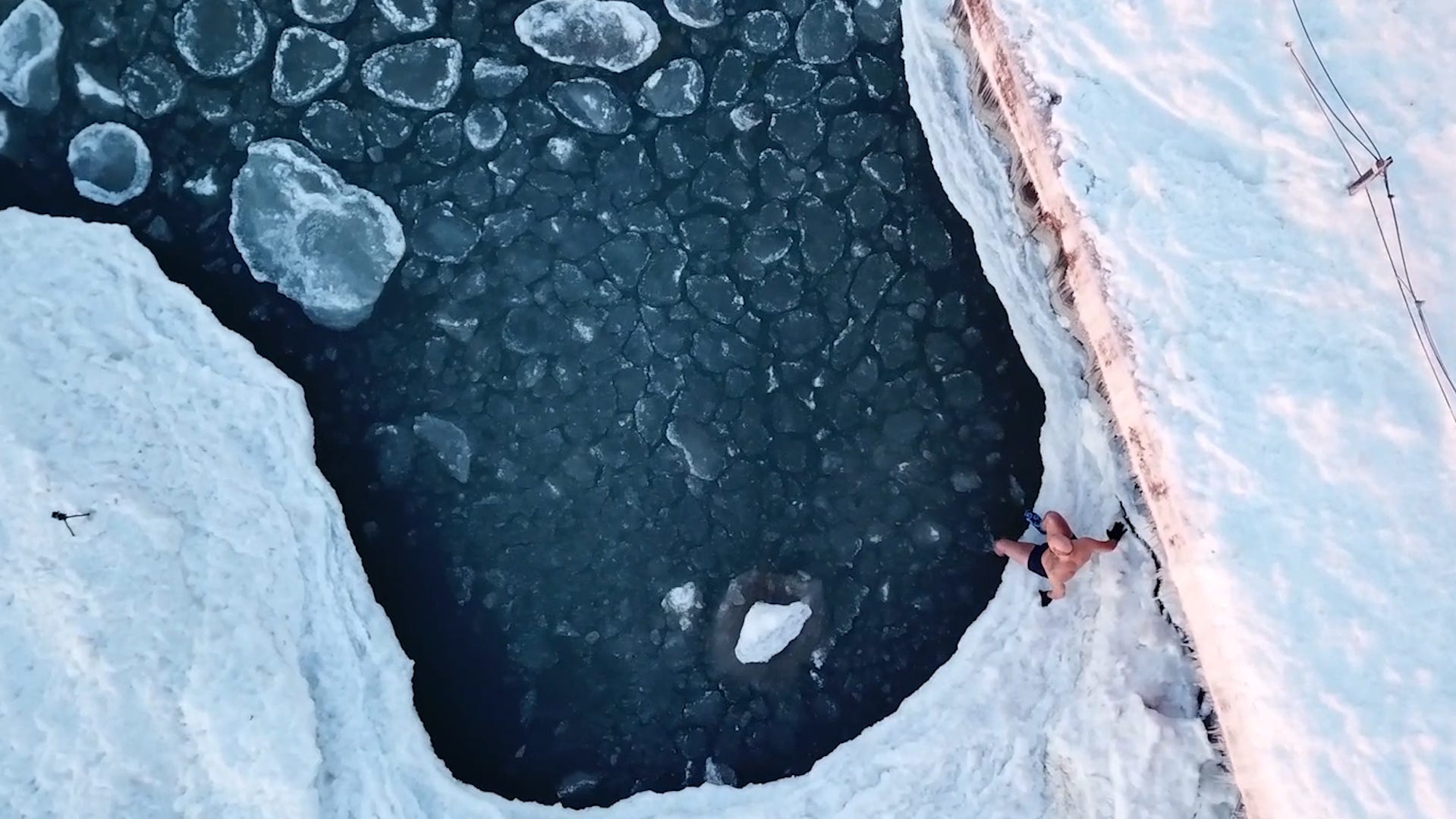
Swimmers take an icy dip between Chicago’s ‘pancake ice’
Some swimmers braved the cold weather for a dip in Lake Michigan to swim among the “pancake ice.”
Do you keep your sunglasses in the car? You may want to take them out until it gets warmer.
Just like in extreme heat, you should not leave certain items in the car in freezing weather.
Nearly 300 million Americans across most of the continental U.S. are expected to be hit by freezing temperatures in the coming days due to a strong Arctic blast, according to the National Weather Service.
Here are six items you shouldn’t leave in your car when it’s freezing outside:
Spray cans
According to Capital One Auto Navigator, extreme temperatures can cause aerosol cans to “become unstable” and possibly break or explode.
Canned drinks and foods
According to the U.S. Department of Agriculture, canned goods that freeze can pose health risks. USDA says cans can swell if the food inside expands when frozen – or due to bacteria – so you should throw them away.
Cans that are not swollen but thawed are also unsafe and should be thrown away, according to the USDA.
For more information about the safety of canned foods, click here.
Beverages can also expand inside the containers when frozen, which can lead to cracks or breaks.
Eggs
Eggs should not be frozen in their shells, says the USDA.
“If an egg accidentally freezes and the shell cracks during freezing, throw the egg away,” the agency says on its website. “Keep uncracked eggs frozen until needed, then thaw them in the refrigerator.”
Electronics
Leaving electronics, such as your cell phone or tablet, in an icy car can affect its operation, USA TODAY reported.
Some manufacturers – such as Apple and Samsung – recommend not exposing products to extreme temperatures at all, as most devices work best when used at temperatures above 32 degrees.
Medicines
Medicines are another item that should not be frozen.
When medications accidentally freeze, there are no visual cues that they are still safe to take, according to Massachusetts-based Baystate Health.
“So even if you thaw it, it is best to have it replaced rather than risk it being ineffective or even dangerous,” the health system said on its website.
In general, any liquid medicine in a “suspended state” is likely to be negatively affected if frozen, according to AARP.
AARP recommends that you contact your provider or pharmacist if you have any questions about the storage of your medication.
Lovers
This should be clear. But it’s worth noting that children and the elderly may be more susceptible to hypothermia in low temperatures, with symptoms including chills, confusion and exhaustion, according to the Centers for Disease Control and Prevention. So even a limited amount of time in an unheated vehicle can be dangerous. The same goes for pets.
Robert Allen and Cody Godwin contributed to this report.